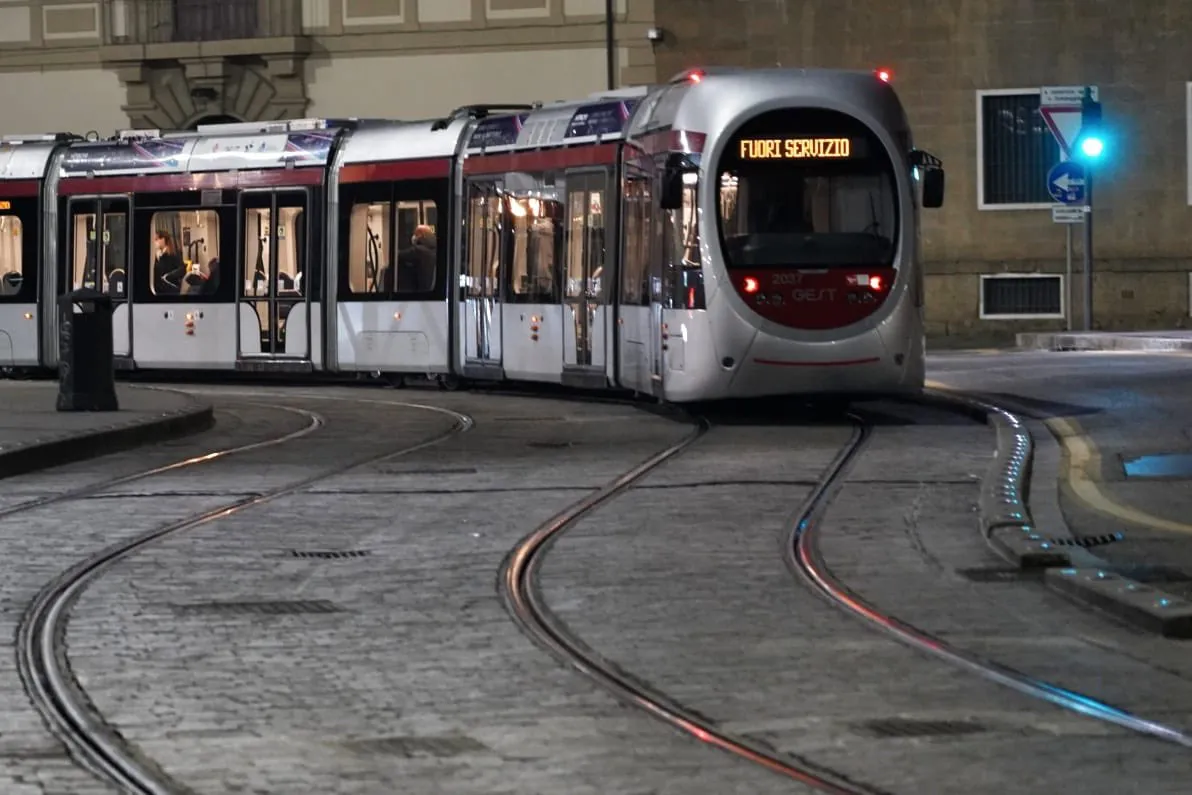Aarhus Light Rail has awarded the Italian-German consortium of Ansaldo STS and Stadler Pankow a contract for the delivery of a complete light rail transit system for Aarhus, the second largest city in Denmark. The order consists of both rolling stock and infrastructure for what will become the first light rail transit system in Denmark.
Train manufacturer Stadler will deliver the rolling stock split on trams of the Variobahn type and tram-trains of the Tango type designed for speeds of 80 and 100 km/h respectively. Similar vehicles are already in operation in cities like Bergen in Norway, Croydon in the Uk and Lyon in France. Stadler will also provide fleet maintenance of the fleet for at least six years.
Transportation solutions supplier Ansaldo STS will provide the infrastructure such as permanent way, power supply, catenary and signalling systems as well as a control and maintenance centre for the project.
“The fact that we have now chosen the suppliers of the infrastructure and rolling stock is an important milestone for this ambitious project,” says Claus Rehfeld Moshøj, CEO of Aarhus Light Rail. “With the contract in place, the work of constructing the first light rail transit system in Denmark can really take off.”
German-Italian consortium to build Denmark’s first LRT system
Aarhus Light Rail has awarded the Italian-German consortium of Ansaldo STS and Stadler Pankow a contract for the delivery of a complete light rail transit system for Aarhus, the second largest city in Denmark. The order consists of both rolling stock and infrastructure for what will become the first light rail transit system in Denmark. Train manufacturer Stadler will deliver the rolling stock split on trams of the Variobahn type and tram-trains of the Tango type designed for speeds of 80 and 100 km/h respe
August 6, 2014
Read time: 2 mins









